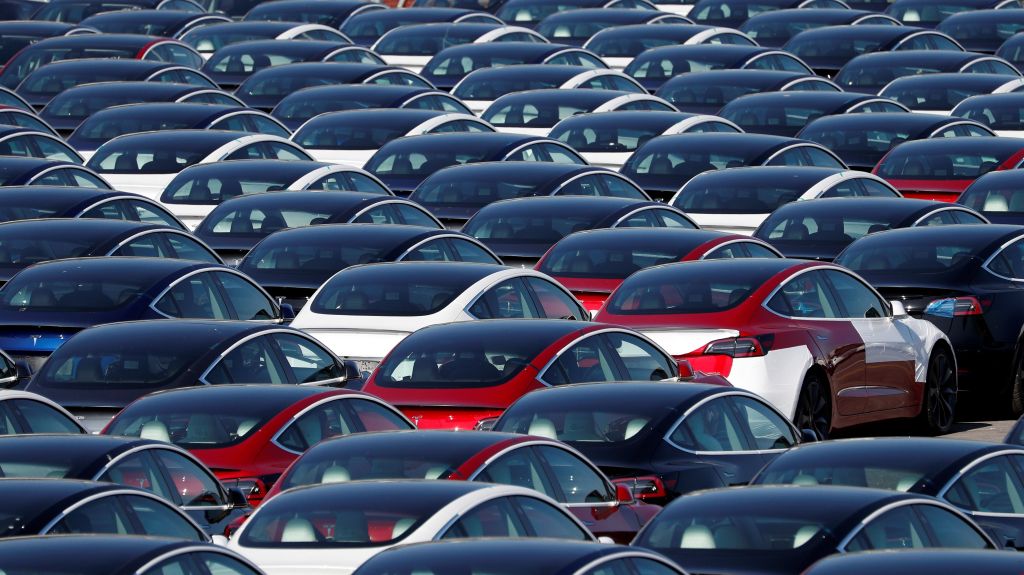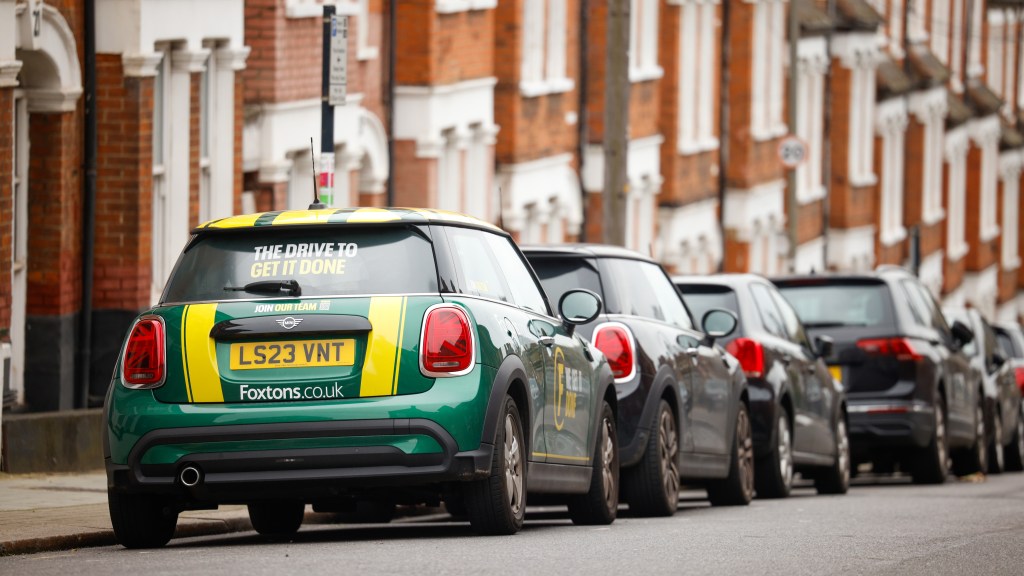Surge in UK Electric Vehicle Sales Amid Tesla’s Decline
In May, the UK witnessed a 1.6 per cent increase in car registrations, totaling 150,000, as the automotive sector acknowledged ongoing challenges related to “fragile consumer confidence and economic instability.”
Among these, 32,000 were fully electric vehicles, marking a remarkable 25 per cent year-over-year increase compared to the same month in the previous year.
According to data from the Society of Motor Manufacturers and Traders, all-electric models now comprise 21.8 per cent of the total market. For the first five months of 2023, this figure stands at 20.9 per cent, still short of the government’s 28 per cent target outlined in the zero-emission vehicle mandate, which imposes penalties on manufacturers falling short of this threshold.
Electrified vehicles—comprising pure electric models, plug-in hybrids, and petrol-electric hybrids—now represent nearly half of the market, together accounting for 47.3 per cent of total registrations last month.
In stark contrast, traditional petrol and diesel vehicle sales have hit historic lows. Registrations for petrol cars fell by 10,000 year-over-year, a decline of 12.5 per cent, bringing the figures down to 71,000, or 47.5 per cent of all sales. Diesel vehicles now comprise just 5.2 per cent of registrations, marked by a year-on-year drop of 15.5 per cent.
Mike Hawes, the CEO of the automotive trade association that reports these figures, commented that the current landscape for new car sales might not reflect true market conditions.
“While it’s encouraging to see a rise in new car registrations in May, the ongoing manufacturer discounts, particularly for electric vehicles, are crucial for market stability,” he noted.
“However, this situation is not sustainable over the long term, as it hampers companies’ ability to invest in new product development essential for achieving decarbonisation goals across road transport.”
The automotive industry is hopeful that the upcoming government spending review will provide support, with calls for VAT reductions and other fiscal incentives aimed at enhancing the appeal of electric vehicles and alleviating the pressure on manufacturers to reduce prices to clear inventory.
Meanwhile, Tesla, once a leader in the electric vehicle sector, continues to face challenges, with its May sales falling by 36 per cent to 2,000 units. Year-to-date, Tesla’s sales have decreased by nearly 8 per cent, totaling 15,000 vehicles.
While Tesla cites issues related to the transition to its next-generation Model Y, others speculate that public perception of CEO Elon Musk might be impacting sales.
On the other hand, BYD, a Chinese electric vehicle manufacturer, reported 3,000 sales in May and has achieved 14,800 vehicle sales in the UK for the year thus far, a substantial increase from 8,700 units sold throughout 2024.
Maria Bengtsson, a transport consultant at EY, expressed concerns about the challenges automakers face in encouraging wider adoption of electric vehicles, questioning how they can effectively motivate consumers to transition to battery-powered options and ensure robust innovation while keeping costs manageable.
“These are pressing questions for the automotive sector, and clear answers have yet to materialize. Engaging key policymakers will be vital,” she emphasized.
Ian Plummer, commercial director at Auto Trader, remarked that a shift is occurring as more electric vehicles priced around £22,000 enter the market.
“The demand for electric vehicles is being spurred by newly affordable models like the Renault 5 and Hyundai Inster, along with rapidly expanding Chinese manufacturers such as BYD. We know that when prices are appropriate, consumers are eager to make the switch,” he concluded.




Post Comment